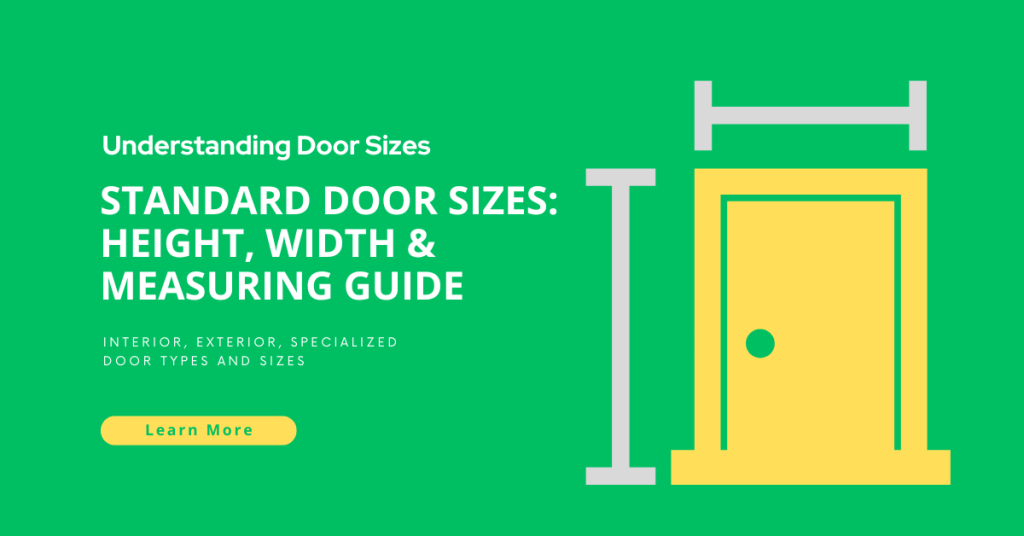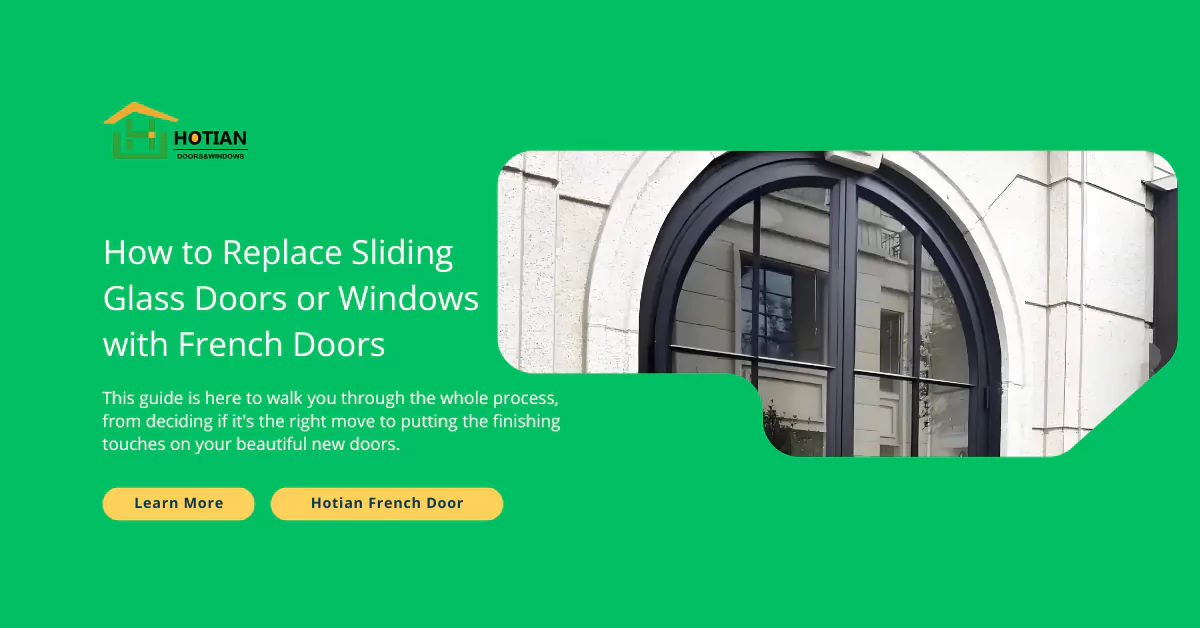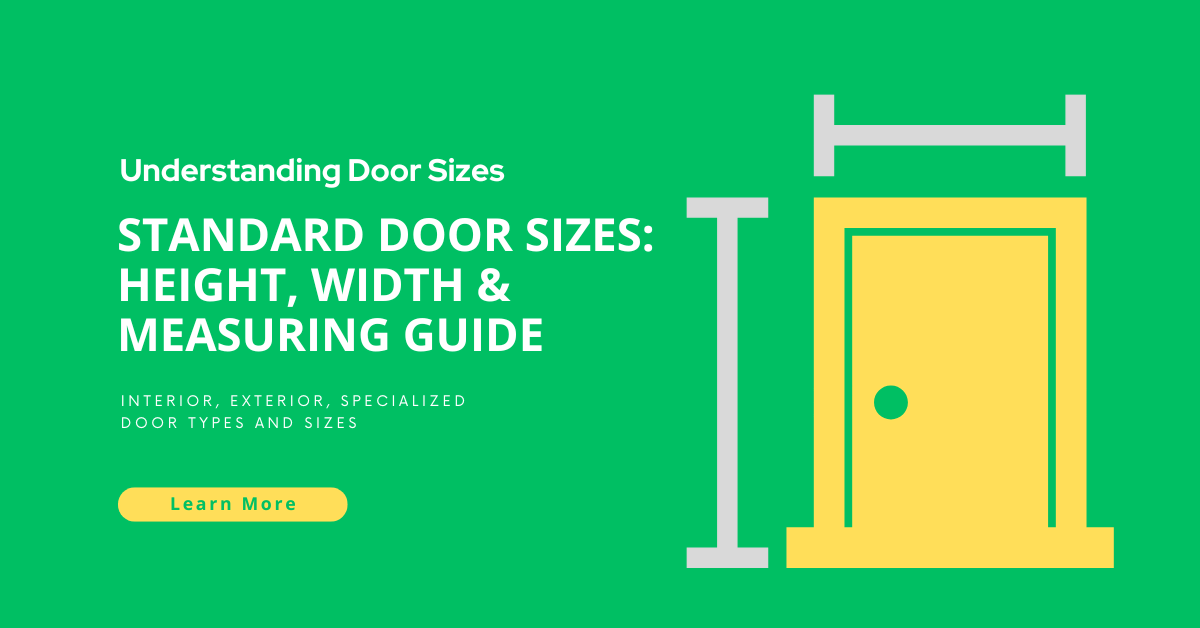Choosing new windows involves navigating various styles, each with unique benefits and drawbacks. Beyond the common single-hung vs. double-hung debate, how do single-hung windows stack up against other popular options like casement, picture, and slider windows?
Understanding the key differences in operation, cost, ventilation, energy efficiency, and aesthetics will help you select the ideal window type for each room in your home.
First, a quick reminder: What is a Single-Hung Window? It has a fixed top sash and a bottom sash that slides vertically.
Single-Hung vs. Casement Windows
1. Definitions:
- Single-Hung: Bottom sash slides vertically; top sash is fixed. Classic appearance.
- Casement: Hinged on the side, opens outward like a door using a crank handle. Offers a modern, unobstructed view when open.
2. Cost Comparison:
- Single-Hung: Generally less expensive due to simpler design and fewer mechanical parts. (Explore detailed single-hung window costs). Typical unit cost: $150-$400+. Installed: $245-$635+.
- Casement: Typically more expensive due to the crank mechanism and more complex sealing hardware. Typical unit cost: $250-$500+. Installation cost is often higher too.
3. Functionality Breakdown:
- Ventilation: Casement windows offer superior ventilation. The entire sash swings open, catching breezes effectively. Single-hung only opens from the bottom half.
- Energy Efficiency: Casements generally seal tighter when closed because the sash presses firmly against the frame like a refrigerator door, minimizing air leaks. High-quality single-hung windows can also be very efficient, especially with good glass packages, but casements often have a slight edge in airtightness.
- Cleaning: Both can be cleaned from inside. Tilt-in single-hung windows allow easy cleaning of the bottom sash exterior. Casements that open wide allow reaching around to clean the outside pane.
- Operation: Single-hung slides up/down. Casements require turning a crank, which can be easier for hard-to-reach spots (like over a sink) but the mechanism can wear out over time.
- Screens: Single-hung screens are on the outside. Casement screens are on the inside, protecting them from weather but potentially interfering with blinds.
Single-Hung vs. Picture Windows
1. Definitions:
- Single-Hung: Bottom sash slides vertically for ventilation; top sash fixed.
- Picture (Fixed): A large, stationary window that does not open. Designed purely for maximum light and unobstructed views.
2. Cost Comparison:
- Picture: Usually the least expensive window type per square foot due to its simple, non-operational design. Typical unit cost: $75-$200+. Installed: $350-$850+ (larger sizes increase installation cost).
- Single-Hung: Costs more than a picture window of similar size/quality because it includes operable hardware. (See Are Single-Hung Windows Cheaper?)
3. Functionality Breakdown:
- Ventilation: Picture windows offer NO ventilation. This is their biggest drawback. Single-hung windows provide ventilation via the bottom sash.
- Energy Efficiency: Picture windows are typically very energy efficient because there are no moving parts or seals to leak air. Single-hung efficiency depends heavily on glass and frame quality.
- Light & View: Picture windows excel at maximizing natural light and providing wide, clear views. Single-hung windows have a meeting rail that obstructs the view slightly.
- Cleaning: Picture windows are easy to clean from the inside, but require outside access for exterior cleaning. Tilt-in single-hung makes bottom sash exterior cleaning easier.
- Egress: Picture windows cannot be used as emergency exits. Single-hung windows can meet egress requirements if large enough. (See egress window size rules).
Single-Hung vs. Slider Windows
1. Definitions:
- Single-Hung: Bottom sash slides vertically; top sash fixed.
- Slider (Sliding): One or both sashes slide horizontally on tracks. Can have two or three panels.
2. Cost Comparison:
- Cost: Often similar in price range, though basic single-hung windows may have a slightly lower starting cost than basic sliders. Complex sliders (double or triple) can be more expensive. Typical unit cost for both can range from $150-$400+. Installation costs are usually comparable.
3. Functionality Breakdown:
- Ventilation: Sliders typically offer a wider opening than single-hung (half the window width vs. half the height), potentially allowing more airflow, especially in wider window openings.
- Operation: Sliders move side-to-side; single-hung moves up-and-down. Some find sliders easier to operate, especially larger ones, as you aren’t lifting against gravity.
- Cleaning: Tilt-in single-hung offers easier exterior cleaning for the bottom sash. Slider sashes sometimes lift out for cleaning, but it can be cumbersome, and tracks require regular cleaning to prevent sticking.
- Sealing: Single-hung windows often achieve a slightly better seal against air infiltration than sliders, as gravity helps the bottom sash seal against the sill. Slider seals rely on weatherstripping along the sliding track.
- Appearance & Placement: Sliders often suit wider openings and contemporary styles. Single-hung windows often suit taller, narrower openings and traditional styles.
Quick Comparison Summary
| Feature | Single-Hung | Casement | Picture (Fixed) | Slider (Sliding) |
|---|---|---|---|---|
| Operation | Bottom sash vertical slide | Cranks outward like door | Does Not Open | Sash(es) slide horizontally |
| Typical Cost | $ (Low-Mid) | $$$ (Mid-High) | $ (Lowest) | $$ (Low-Mid) |
| Ventilation | Good (Bottom half) | Excellent (Full opening) | None | Very Good (Half width) |
| Seal (EE) | Very Good | Excellent (Compression) | Excellent (Fixed) | Good (Weatherstripping) |
| Cleaning | Easy (Tilt-in bottom) | Easy (Reach around sash) | Easy (Inside), Hard (Outside) | Moderate (Lift-out/Tracks) |
| Best For | Budget, Traditional, Basic | Max Airflow, Tight Seal, Reach | Max Light/View, Efficiency | Wide Openings, Modern, Patios |
Which Window is Right for You?
- On a Tight Budget? Picture windows (if no ventilation needed) or single-hung windows are your most cost-effective options.
- Need Maximum Airflow? Casement windows provide the best ventilation. Sliders are also very good.
- Prioritizing Energy Efficiency? Picture windows (no leaks) and Casement windows (tight seal) often perform best, though high-quality single-hung and sliders with good glass are also excellent.
- Easy Cleaning is Key? Tilt-in single-hung (for bottom sash) and casement windows often offer the easiest access to clean exterior glass from inside.
- Modern Home Style? Casement and slider windows often complement contemporary designs.
- Traditional Home Style? Single-hung windows are a classic choice.
- Need an Emergency Exit? Ensure chosen window meets egress codes (Casement and larger single-hung/sliders often work). Picture windows do not qualify.
Conclusion
While single-hung windows offer a reliable, affordable, and often energy-efficient solution with a traditional look, understanding alternatives like casement, picture, and slider windows allows you to make the best choice for each specific location in your home.
Casements excel in ventilation and sealing, picture windows maximize light and efficiency (but don’t open), and sliders offer wide openings and modern appeal. Consider your priorities for cost, airflow, ease of cleaning, energy performance, and style to select the perfect window types for your needs.










